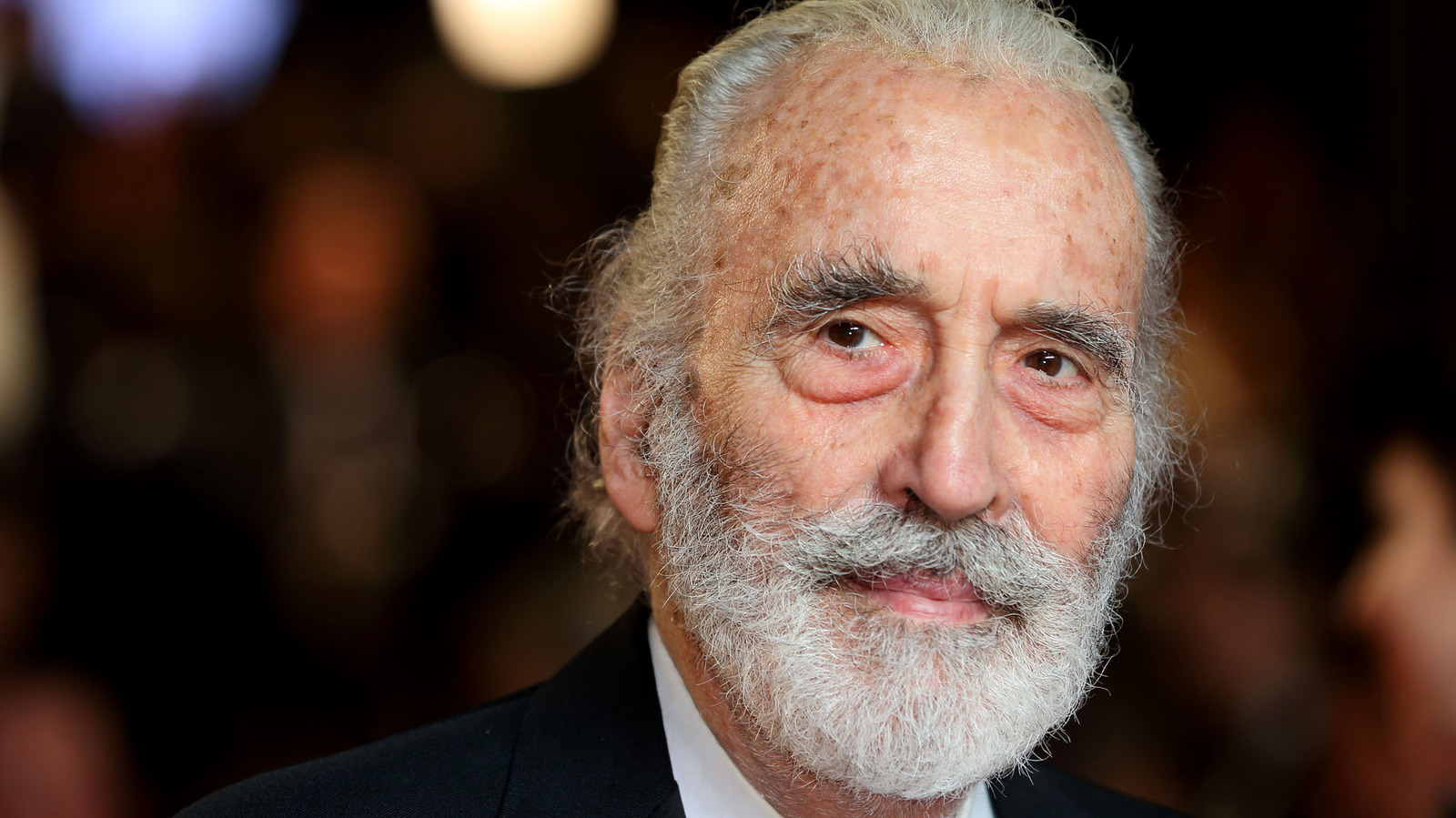
Christopher Lee devoted a fair amount of his memoirs to his wartime service, recounting hopes, fears, commendations, embarrassments, and close calls. He opened himself up to self-deprecation and frank confessions. When Lee first enlisted with the RAF, he hoped to become a pilot and thought himself a natural in early training. But just before he would have been cleared for his first solo flight, Lee suffered a debilitating headache and loss of vision in his left eye. The diagnosis was an unreliable optic nerve, and he was barred from flight. Elsewhere in the book, Lee admitted to being literally paralyzed with fear in moments of danger, including enemy fire.
But after failing as a pilot, Lee joined intelligence on his own initiative in 1941 and was praised by his superiors for such resolve. By 1943, he was attached to No. 260 Squadron during the North African campaign. In that capacity, Lee debriefed pilots, issued maps, ran interference with the squadron’s companions from the army, and “broadly speaking, [was] expected to know everything” concerning intelligence, as he said in his memoir. He traveled with his squadron into Sicily, where he earned praise for halting a brewing mutiny via a lecture on Russia — after coming off one of his many bouts of malaria, no less.
Downtime had its own incidents, not all of them flattering. Lee admitted to getting caught in a brawl in an Egyptian club, “winning” when his opponent tripped over Lee’s leg and knocked himself out. Absent from the memoir were any accounts of fantastical derring-do or espionage. It reads as a colorful, but eminently plausible, record of his service.









